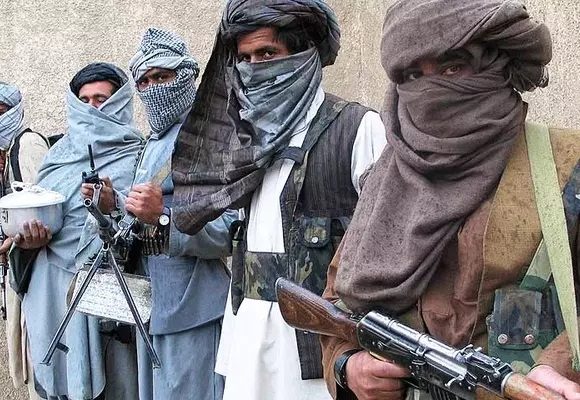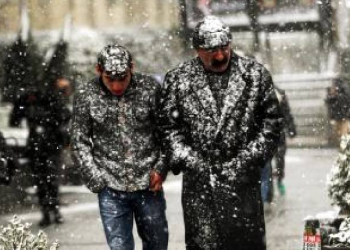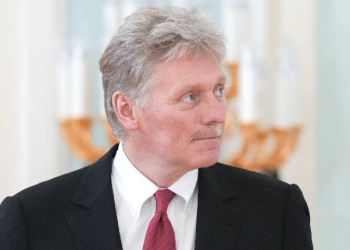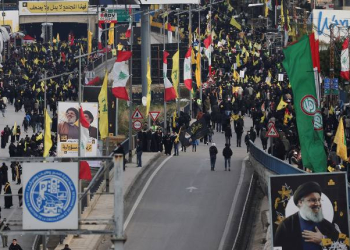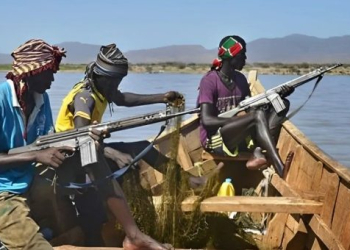Peshawar: Victims of TTP violence are furious following Pakistan’s ongoing peace negotiations with the hard-line militant group Tehrik-e Taliban Pakistan (TTP), RFE/RL reported.
On December 16, 2014, a group of TTP militants had stormed the Army Public School in Peshawar, the capital of Khyber Pakhtunkhwa Province, massacring more than 130 students. Fifteen teachers and staff were also killed in the attack, remembered as the worst terrorist atrocity in Pakistan’s 74-year history, .
A deal between Islamabad and the TTP now appears to be in sight after the group declared an indefinite cease-fire this month following months of parleys brokered by the Afghan Taliban.
Reports in the Pakistani media indicate that Islamabad has already agreed to release hundreds of detained and convicted TTP members and withdraw court cases against them.
Additionally, a large portion of the tens of thousands of Pakistani troops stationed in the erstwhile Federally Administered Tribal Areas (FATA) — where the TTP first emerged as an umbrella organisation of small Taliban factions in 2007 — will be withdrawn, RFE/RL reported.
Islamabad has also agreed to implement Islamic Sharia law in Khyber Pakhtunkhwa’s Malakand region. The two sides are yet to agree on retracting democratic reforms and the merger of FATA into Khyber Pakhtunkhwa and whether thousands of TTP militants can return with their arms and keep their organisation intact, RFE/RL reported.
But opposition to the imminent agreement is growing as victims of TTP violence question its logic. Others see it linked to the Taliban’s return to power in Afghanistan, which Islamabad helped by hosting the insurgency for nearly two decades. Pakistan’s several failed agreements with the TTP motivates some to warn of its potential negative fallout.
Yet senior officials are adamant that the TTP’s ongoing talks with a tribal council handpicked by the government will result in an agreement acceptable to both sides.
Pakistan’s Information Minister Maryam Aurangzeb says the civilian administration and military support the talks.
Many politicians, however, do not share her optimism.
“After imposing the Taliban on Afghanistan, the Pakistani security state wants to hand over the former tribal areas to force Pashtuns to live under neocolonial conditions,” former Senator Afrasiab Khattak told RFE/RL, referring to Pakistan’s alleged support for the Afghan Taliban, which allowed it to endure the US-led war on terrorism and return to power last August, a little more than a year after it signed a peace deal with Washington.
Khattak sees Islamabad’s support for the Islamist Taliban as part of its strategy to shape Afghanistan’s politics and control the once-porous Pashtun borderlands straddling the two neighbours. The Pashtuns are the largest ethnic minority in Khyber Pakhtunkhwa, which has a population of some 40 million people, RFE/RL reported.
(IANS)



